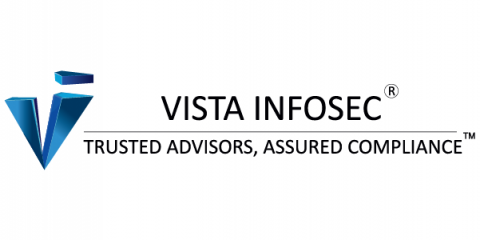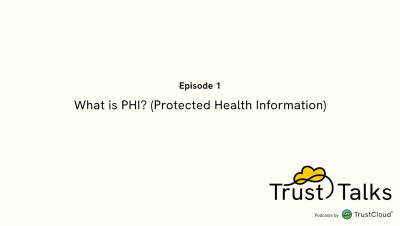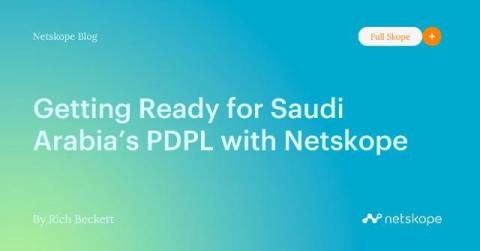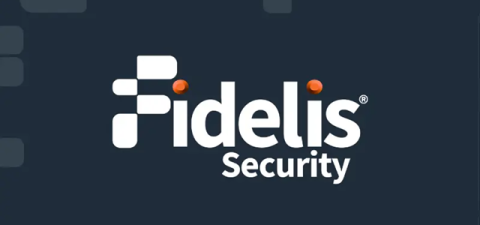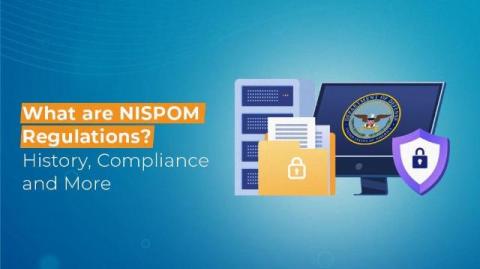PCI DSS Compliance for SaaS Businesses
PCI DSS is a set of requirements that is applied to every small and large organization that accepts, stores, processes, or transmits cardholder data. In particular, PCI DSS for SaaS companies is essential, as these platforms frequently handle sensitive customer information and must adhere to the latest security standards. In 2024, the updated version of PCI DSS 3.2.1, PCI DSS v4.0, became mandatory after being officially released on March 31, 2022, allowing organizations a transition period.


